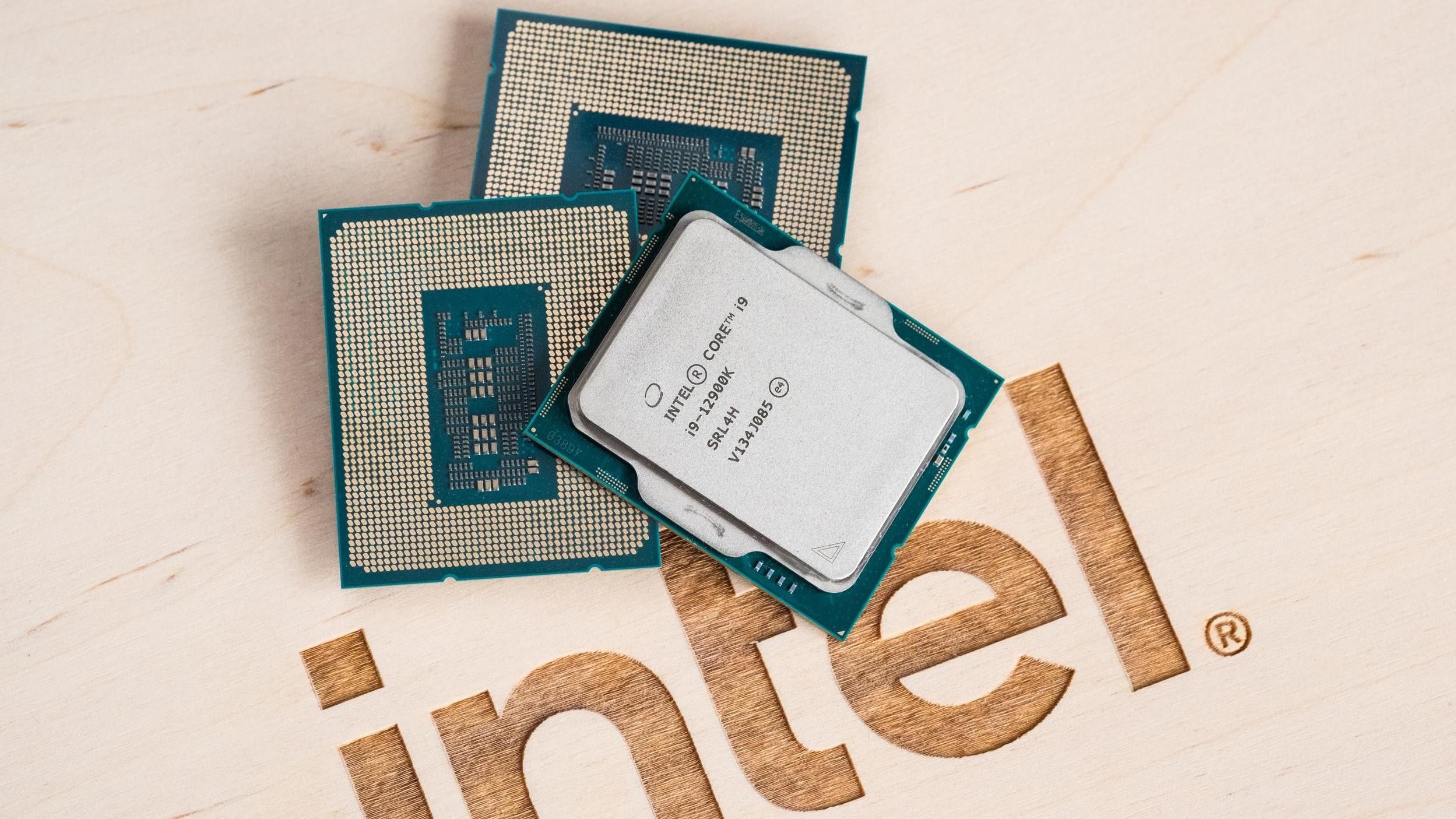Top Stories
Intel Warns US Equity Stake Could Threaten Global Operations

Intel Corporation has raised alarms about the potential implications of a proposed equity stake by the US government, suggesting it could disrupt the company’s global business operations and strategic partnerships. In a filing with the U.S. Securities and Exchange Commission (SEC) on March 12, 2024, Intel highlighted concerns regarding regulatory risks, governance changes, and financial uncertainties that may affect its role as a supplier in international markets.
The chipmaker cautioned that granting the US government a 10% equity stake could lead to “additional regulations, obligations or restrictions” in foreign markets. This warning comes amid significant changes in how enterprises evaluate Intel as part of their supply chains. The company stated that the involvement of the US government as a major stockholder could trigger compliance issues under foreign subsidy laws, complicating its operations in various countries.
Impact on Supply Chains and Strategic Flexibility
Intel’s disclosure fundamentally alters the procurement calculations for multinational organizations. According to Sanchit Vir Gogia, chief analyst and CEO at Greyhound Research, the introduction of geopolitical risk and compliance exposure must now be considered alongside traditional factors like cost and performance. This shift poses challenges particularly for companies operating in regions like China, where Intel has a significant market presence.
“Sales outside the US accounted for 76% of Intel’s revenue for the fiscal year ending December 28, 2024,” the company noted in its filing. Gogia emphasized that concerns about regulatory scrutiny may make it difficult for Intel to maintain its competitive edge, especially in light of potential sanctions similar to those faced by Huawei.
Intel further warned that government investment could significantly restrict its business agility. The company stated that the arrangement might limit its ability to pursue beneficial strategic transactions, which could deter third parties from engaging in such deals. Gogia remarked on the implications of this constraint, saying, “Historically, Intel’s agility in filling gaps through acquisitions has been a hallmark of its ecosystem leadership. That flexibility now comes under constraint.”
Financial and Governance Uncertainties
The SEC filing also revealed that Intel is grappling with considerable financial uncertainties related to the proposed deal. The company indicated that the financial, tax, and accounting ramifications are still being evaluated and could result in “additional costs or losses” impacting future financial results.
This lack of clarity complicates procurement strategies for organizations looking to form long-term contracts with Intel. Gogia remarked, “Intel’s admission about unknown costs creates challenges for CIOs and CFOs in achieving predictable vendor relationships.” The potential reduction of shareholder governance rights due to the government ownership also raises concerns. The Department of Commerce is required to vote its shares in line with Intel’s board recommendations, which diminishes the voting influence of other shareholders regarding director selections and corporate proposals.
Intel’s dual role as both a private enterprise and a tool of US industrial strategy introduces additional complexities. Gogia explained that this hybrid role could lead to capital allocation being increasingly swayed by national priorities relating to defense and manufacturing.
Political Risks and Future Outlook
Beyond the commercial and financial dimensions, Intel disclosed significant political risks that could impact its enterprise customers. The company cautioned that future legislative or judicial actions could render the transactions unauthorized or void. Given the unique defenses available to the US government, enforcing compliance may prove challenging if disputes arise.
The potential for changes in laws and regulations, along with shifts in federal priorities, adds layers of uncertainty. Neil Shah, VP for research at Counterpoint Research, described this transformation as making Intel a politically sensitive supplier, which could pose risks, especially for companies operating outside the US.
As enterprises navigate this new risk profile, they may need to develop innovative strategies for managing their relationships with Intel. Gogia highlighted the need for procurement teams to seek price protections and exit rights, recognizing that Intel’s financial model is unsettled and its commercial freedom is constrained by its new hybrid role.
The uncertainty surrounding Intel’s long-term strategic direction presents a dilemma for many organizations. As companies assess their supply chains, diversifying their supplier base may become a necessary defensive strategy. While the government’s backing may provide short-term stability for Intel, its long-term position as a trusted global supplier now appears increasingly uncertain.
-

 World4 months ago
World4 months agoTest Your Knowledge: Take the Herald’s Afternoon Quiz Today
-

 Sports5 months ago
Sports5 months agoPM Faces Backlash from Fans During Netball Trophy Ceremony
-

 Lifestyle5 months ago
Lifestyle5 months agoDunedin Designers Win Top Award at Hokonui Fashion Event
-

 Entertainment5 months ago
Entertainment5 months agoExperience the Excitement of ‘Chief of War’ in Oʻahu
-

 Sports5 months ago
Sports5 months agoLiam Lawson Launches New Era for Racing Bulls with Strong Start
-

 Top Stories2 weeks ago
Top Stories2 weeks agoTongan Star Eli Katoa Shares Recovery Update After Surgery
-

 World5 months ago
World5 months agoCoalition Forms to Preserve Māori Wards in Hawke’s Bay
-

 Health5 months ago
Health5 months agoWalking Faster Offers Major Health Benefits for Older Adults
-

 Lifestyle5 months ago
Lifestyle5 months agoDisney Fan Reveals Dress Code Tips for Park Visitors
-

 Politics5 months ago
Politics5 months agoScots Rally with Humor and Music to Protest Trump’s Visit
-

 Top Stories5 months ago
Top Stories5 months agoUK and India Finalize Trade Deal to Boost Economic Ties
-

 Health3 months ago
Health3 months agoRadio Host Jay-Jay Feeney’s Partner Secures Visa to Stay in NZ









